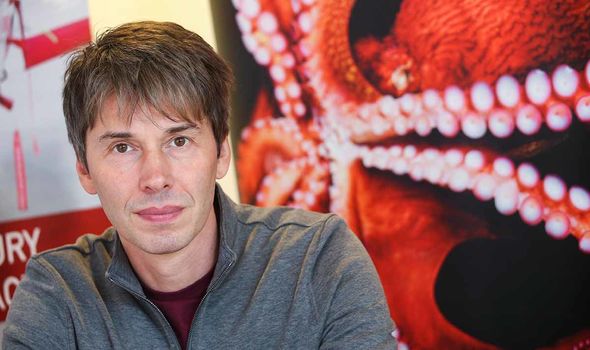Is time travel truly possible? This captivating video might hold the answer. Professor Brian Cox—renowned physicist and fan of Doctor Who—conducts a remarkable experiment that explores the physics behind time travel and its potential reality.

His conclusion: Time travel is indeed possible—but only into the future, not the past.
Time travel refers to moving between different points in time, much like traveling between locations in space, typically using a hypothetical device called a time machine. The idea has fascinated countless people, many of whom dream of going back to undo past mistakes. However, Professor Brian Cox makes it clear: while traveling to the past is likely impossible, the future remains within reach.
Best known for his work with the BBC, Dr. Cox is a professor of particle physics at the University of Manchester. He’s also appeared on ABC’s Q&A program, where experts debate major scientific and social questions.
In a 2014 episode, he was asked whether backward time travel was feasible. His answer drew from Einstein’s theory of relativity:

“In Einstein’s four-dimensional spacetime, traveling back in time is not allowed. You can imagine theoretical constructs like wormholes, which might act like shortcuts through spacetime—like tunneling from London to Australia through the Earth—but even those have limitations.”
Cox referenced Stephen Hawking’s Chronology Protection Conjecture, which suggests that the laws of nature inherently prevent time travel into the past.
“The conjecture argues that the universe doesn’t allow time travel that would let you change the past. Physics protects the timeline.”
However, to the surprise of many on the panel, Cox confirmed that traveling into the future is not only theoretically possible—but has already been demonstrated.
“Einstein’s theory supports the idea. Moving clocks tick more slowly than stationary ones. If you sprint across this room and back, and we compare our watches down to the microsecond, yours will show less time has passed.”
This effect—called time dilation—is a proven phenomenon, observed in high-speed travel and even GPS satellites.
Beyond time travel, Dr. Cox also addressed the question of extraterrestrial life.
Asked if intelligent aliens exist, he replied:
“I think microbial life might be common. We’ve yet to find it, but there are missions targeting places like Mars, where water once existed—and may still exist below the surface.”
He further speculated on the rarity of complex life:
“While astronomers point out there may be 20 billion Earth-like planets, biologists remind us that it took 3.8 billion years for complex life and civilizations to evolve here on Earth. That suggests intelligent life might be extremely rare.”
Whether we’re alone in the galaxy or not, Cox admitted both possibilities are unsettling:
“If we are the only civilization in the Milky Way, that’s a profound responsibility. But if we’re not alone—how do we find others? That’s why it’s vital we keep searching and listening.”


